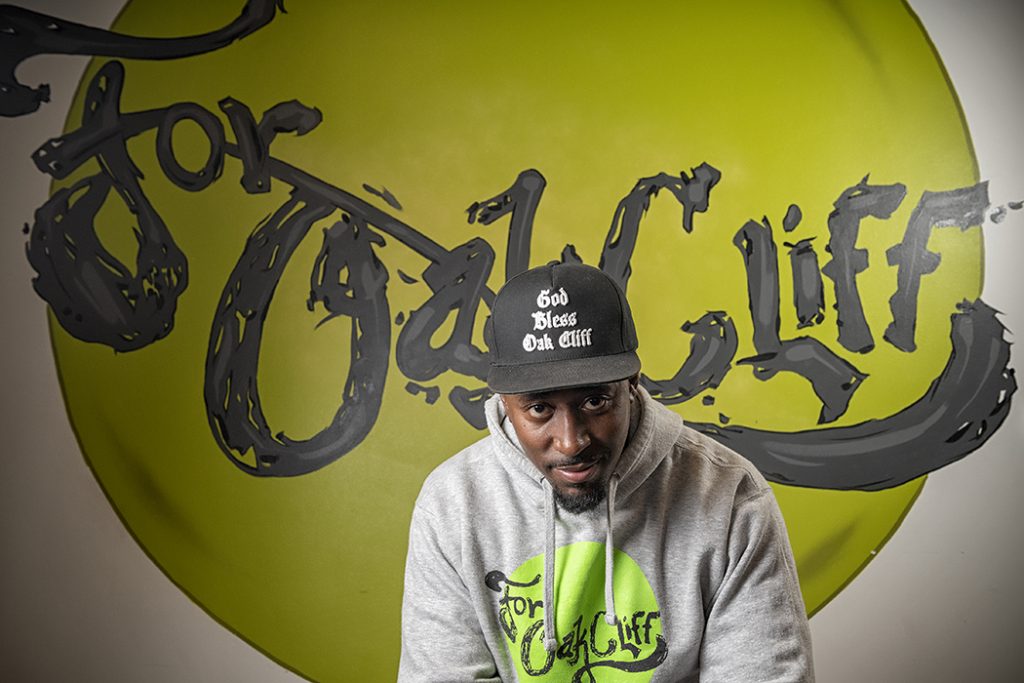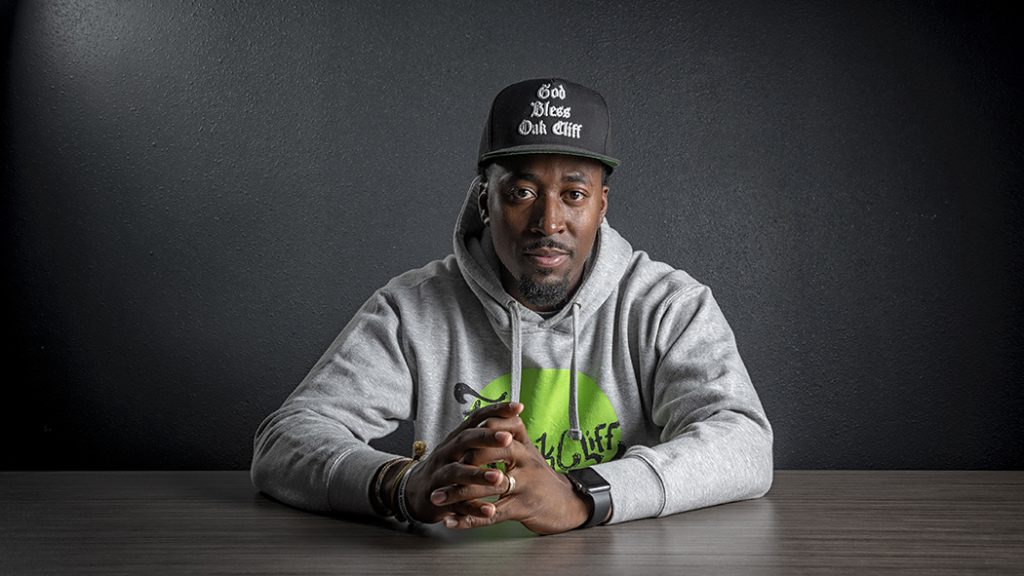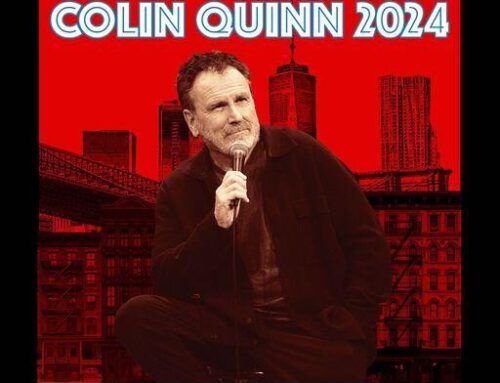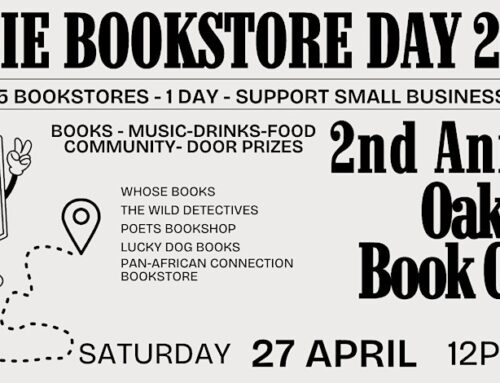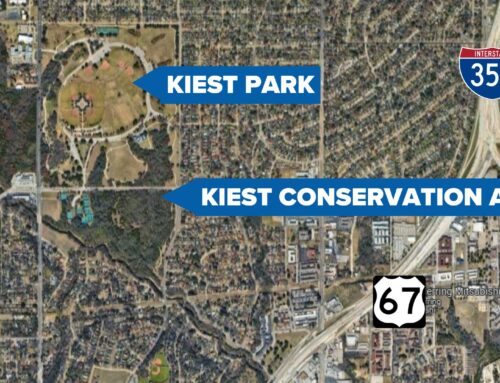Taylor Toynes calls his neighborhood “the super block.”
It’s a chunk of Oak Cliff roughly bounded by Eighth Street, Ledbetter and Interstates 35 and 45.
There aren’t enough jobs, not enough access to fresh food or parks. About 39 percent of adults lack a high-school diploma or equivalent. Poverty is overwhelming.
But it’s beautiful: tree-lined streets, older houses, amazing people. It’s Oak Cliff. The part that’s predominantly African American and too-long ignored.
“This is the culture. This is the heartbeat. This is the roots of that Oak Cliff,” says Toynes, whose family goes back several generations in Oak Cliff. “This is the heartbeat of Oak Cliff. This is the culture of Oak Cliff. This is the coolest part.”
When Toynes was a teacher at Bushman Elementary in 2014, he found that students didn’t have enough supplies. So he started a nonprofit called For Oak Cliff, intending to create a back-to-school festival and school-supply giveaway.
That festival keeps growing — the rapper J. Cole showed up unannounced at the Glendale Park event this year to deliver a truckload of school supplies.
But the nonprofit, whose mission is to liberate Oak Cliff from systemic oppression, has grown even more.
For Oak Cliff received a $600,000 grant from the Kellog Foundation, via the Commit Partnership, and this past summer leased and finished out an office space at the Glendale Shopping Center.
The center offers GED classes, early education resources and a writing-focused summer camp, and it serves as a community center that offers meeting space to other nonprofits.
Toynes, 29, still lives in the neighborhood with his wife, Ariel, and their 2-year-old daughter, Wednesday.
What is it about this neighborhood that outsiders don’t understand?
We have an equation: education plus activation equals liberation. We need education in our communities to understand who they are and where they come from. And we have to educate others who are not from here on what it really means to be over here. People see certain stories and form an opinion. But they don’t understand what it’s like coming from the bottom in an oppressed state. Making a simple plan for success is difficult, especially when you’re hungry. We don’t even have a grocery store. One of the biggest murderers we have here is high cholesterol, diabetes. We need to have good healthy options.
Our audience mostly lives on the “other” side of Oak Cliff, the west side of I-35. What would you say to our readers?
People want to be from Oak Cliff when it’s convenient. I can’t take that off me. I have the good, bad and ugly of Oak Cliff. Oak Cliff isn’t a whole until we can all have thriving businesses and trolleys coming through the area. We want people to know that we are here, and we are here on a high level.
Why do you think these two Oak Cliffs are so separate?
Ultimately this neighborhood is the way it is because of racism. Systemic racism that took place: home loans, business loans, inadequate schools, neglect, segregation. These are all things that oppressed this neighborhood. This was the center of the crack epidemic in Dallas in the ’80s and ’90s. There’s so much trauma around that to this day. My people have endured so much. The KKK came and lined up on Ledbetter. I remember it; I was 5 years old. I had dreams as a kid about being chased by the KKK. And this was 1995.
What about this neighborhood makes you proud?
I’m very lucky to have this very ’hood mentality. In college I wrote an entire report on why it’s an authentic culture that should be represented. I know how to play curb ball. Those are the things we did. What I know is, we’ve got fried chicken and biscuits and Black English Vernacular. I am who I am, and I’m going to bring my community with me wherever I go. I’m going to disrupt whatever seems right or normal because I don’t want the people coming behind me to be held to those standards. Those norms have to be disrupted in this city and in this country as a whole.
Five thousand people showed up for the back-to-school festival this year, and J. Cole brought you $20,000 worth of school supplies. What other recent accomplishments are you proud of?
Our goal is to have 300 people with GEDs or in college by 2020, and that’s possible now because of this space. But also DISD just approved having GED programs at elementary schools. Bushman is a pilot program for that, and that came from our advocacy. We knew we had to go into the community to make that happen.
What do you love about Oak Cliff?
This is the closest thing to sacred land we’ve got here. I just want a safe space for my daughter.
Interview edited for clarity and brevity.

